Paranoid palace and government under siege as coronavirus fury rises
Also in this edition: Watchlist of regime enemies leaked, toddlers are taught to revere royal dogs, and propaganda is getting crazier
Welcome to the latest Secret Siam weekly news roundup. If you find it useful, please support my journalism by subscribing. It’s just $5 a month, or less if you pay annually, and your subscription would really make a difference by allowing me to focus more time and resources on my investigations.
To those who already subscribe, many thanks for your support!
Bangkok at boiling point
The political temperature is rising in Bangkok after 10 days of demonstrations and nightly skirmishes as police crack down on protesters with indiscriminate attacks using rubber bullets, tear gas and water cannons.
On August 7, the Free Youth movement announced a march from Democracy Monument to the Grand Palace. It has long been clear that King Vajiralongkorn has some kind of superstitious belief that protesters must be prevented from reaching “royal ground” at all costs, and so vast walls of shipping containers are regularly erected to block their path. On the night before the planned march, disused train compartments were trucked into the royal district too and installed as a further defensive shield.
The paranoia of the palace could hardly be clearer.
On one set of shipping containers, a banner was hung with the strange slogan: “The king's soldiers and the (good people’s) police are united to defend Wat Phra Kaew and the Grand Palace.”
The phrase “คนดี” or “good people” is how Thailand’s elite royalists refer to themselves, to contrast themselves with those who supported Thaksin Shinawatra, or students who want democracy, who they regard as “scum of the earth”. Vajiralongkorn infamously told Thais to vote for “good people” ahead of the March 2019 general election, and now the palace is using more clumsy slogans to try to unite royalists behind the monarchy.
From early in the morning, Democracy Monument was sealed off by hundreds of riot patrol police, and it was clear that protesters would struggle to get anywhere near the Grand Palace. In the current volatile political atmosphere, it could also have led to a particularly violent response. At previous protests that came close to the palace, ominous groups of plainclothes men gathered behind police lines as another line of defence sent by the king.
So the protesters decided to change the whole plan — instead they would gather at Victory Monument and march to the 1st Infantry Regiment barracks on Vibhavadi Rangsit Road, where prime minister Prayut Chan-ocha has lived for more than a decade even though he formally retired from the military in 2014.
Social media like Twitter and communication apps like Telegram make it easy for protesters to coordinate at scale and to swiftly change plans, which they have also done successfully several times before. It’s a smart tactic because it ties up much more of the regime’s resources as every possible protest location must be guarded and police are at constant risk of being wrongfooted.
Over the past couple of months, activists have been concentrating more on demanding Prayut’s resignation over mismanagement of the pandemic than overt calls for royal reform, but some of the banners at the rally sent a pretty clear message to the monarchy.
Although the protesters had abandoned their plan to march to the Grand Palace, the king doesn’t want them getting anywhere near Prayut’s home either. This has nothing to do with any loyalty to the prime minister, who is likely to be abandoned by Vajiralongkorn at the opportune moment. But because the 1st Infantry Regiment has become part of the King’s Guard 904, the special force which the king uses to control Bangkok and prevent any reformist coup from toppling him, he regards the regimental compound as royal ground too, which must be protected.
So when activists began marching towards the compound, the police unleashed a grossly disproportionate crackdown, with tear gas, water cannons laced with chemicals, and rubber bullets. A group of hardcore protesters, many of them vocational school students, fought back with firecrackers and stones. Discussing these protesters on Facebook, journalist Pravit Rojanaphruk explains:
They are mostly working class teenagers (a number of them have small motorcycles making them very mobile when confronting police), their families are among the most affected by the economic crisis due to COVID-19 mismanagement. They are not middle-class intellectuals or students from Chulalongkorn or Thammasat Universities like those leading the call for monarchy reform.
They don't take orders from middle-class protest leaders… They have their own way of expressing themselves and it is through the willingness to violently confront riot police with slingshots, fireworks, rocks, bricks, water bottles, wooden and metal sticks and burning symbols of police…
In the skirmishes, a police truck was set ablaze at Victory Monument.
On the same day, the Ministry of Tourism and Sports ordered all its government officials to wear a T-shirt that says “I'm loyal to 10” and post images on social media. In some images people made a “T” sign with their arms, also signifying ten.
The same pattern has been repeated almost every day since the August 7 rally. Protest groups gather — often using “car mob” tactics in which they drive vehicles around the city — and then when they try to get close to the 1st Infantry Regiment compound, the police launch a heavy handed crackdown and the situation degenerates into clashes that continue into the evening, usually in the Din Daeng area. Several police booths have been set ablaze.
Although Prayut and police chiefs keep insisting that their tactics conform to “international standards” this is clearly nonsense. Their response is never proportionate and they have also been adopting the dangerous tactics of firing tear gas and rubber bullets from elevated positions at protesters below. This has caused several serious injuries among protesters. Police have also repeatedly fired tear gas into residential compounds around Din Daeng — probably by accident — another clear breach of international standards.
Among the most seriously hurt so far is ultraroyalist-turned-reformist Tanat “Nat” Thanakitamnuay.
Tanat, who I wrote about in my previous news roundup, is a former far-right rich kid who has now formed a group called “Repentant Salim” and led a car mob convoy on August 8. In extraordinary scenes, a group of elderly Red Shirts gave him flowers — former enemies now united against Prayut.
In another protest last Friday, Tanat was hit in the face by a tear gas canister fired by police. He was rushed to Mission Hospital but doctors were unable to save the sight in his right eye.
Besides the violence against protesters, the regime is also locking up the movement’s leaders again.
Parit “Penguin” Chiwarak was not able to attend the August 7 protest because police were waiting outside his house to arrest him. He turned himself in at police headquarters on August 8, and was pictured hugging his mother before going into the building.
Footage shot from outside shows him being assaulted by police after being taken into custody.
The woman screaming is his mother who was helplessly witnessing the scene.
Arnon Nampa was arrested the following day. Others now in custody include Jatupat “Pai” Boonpattararaksa, Panupong “Mike” Jadnok, Nutchanon Pairoj, Sirichai “New” Natueng, Phromsorn “Fah” Weerathamjaree, Ratsadon Mutelu and Thatchapong Kaedam. All have been denied bail, and it’s clear the regime is returning to its strategy of putting all the main protest leaders behind bars to try to stifle the movement.
Penguin, New and Fah have all caught the coronavirus after being held in a temporary detention centre at Rangsit.
The authorities are also threatening the families of activists again, with police considering filing charges against the parents of protesters accused of vandalism.
Amid the chaos, there are still remarkable scenes of ordinary people standing up to oppression, like this woman who blocked police from chasing protesters into a Skytrain station.
An analysis in the South China Morning Post noted that the frequent protests may have accelerated “the countdown towards a crackdown, martial law, and another coup” and quoted journalist Voranai Vajanika:
General Prayut may launch a coup d’etat against himself simply to cancel democracy and declare martial law. Another scenario is a coup by a faction of the military dissatisfied with his management, his rule of the country.
The second scenario is more probable, because Prayut and his cronies have not just lost the support of the public, but also the palace.
In a sign that martial law is getting closer, police say soldiers may be called in to help crack down on protests.
“In the event violence escalates and appears to get out of control, the peace-keeping operation plan will be adjusted by allowing soldiers to fortify the police’s defence against violence,” said Metropolitan Police Bureau commissioner Lieutenant General Pakapong Pongpetra last Wednesday.
The Bangkok Post reported quoted a source saying the plan has already been discussed in a meeting of the armed forces chaired by defence forces chief General Chalermpol Srisawasdi, at which it was agreed that “the military are not responsible for dispersing demonstrators, while they are actually responsible for ensuring security at military areas and the palaces”.
In other words, if protesters keep trying to march to Prayut’s house or the Grand Palace, the army will deal with them. This is a recipe for another massacre like in 1973, 1976, 1992 and 2010.
In an ominous development just as I was about to publish this newsletter, Thai media are reporting that live rounds are being fired at protesters in Din Daeng on Monday evening. I will write more about this once details are clearer.
Coronavirus catastrophe worsening due to regime incompetence
The biggest problem for the government’s efforts to crush the protest movement is that the coronavirus crisis has exposed their extreme incompetence. Opposition to the regime is not just confined to a few thousand protesters — most of the kingdom now thinks they are useless and need to go, and there is mounting opposition to their rule.
Daily cases are now well above 20,000 and this is likely to be a significant underestimate because the country has already reached its testing capacity, and the authorities are not counting results from antigen test kits in the tally.
A senior advisor to the Ministry of Public Health told Thai Enquirer that actual cases are much higher: “I think the infection totals you see reported every day are likely the peak number that we can expect given our testing capacity.”
Thailand has fallen to the bottom of the Nikkei COVID-19 Recovery Index, in joint 120th place with Vietnam.
The crisis is causing a disaster in the Thai economy well beyond the tourism industry, as David Leukens explained in the latest edition of his excellent Thai Island Times newsletter:
The economy has fallen off a cliff as minimal government assistance for certain businesses has been woefully insufficient. Many tourism-related businesses are being left out of the government’s latest income relief program, as has been the case since the start of the pandemic. Whereas tourism, transport and some service sector businesses were primarily affected during the earlier days of the pandemic, the economic ripple effects are now spreading to manufacturing, construction, education, trucking and more. Food supply lines are disrupted, and countless people are forced to rely on charity.
I wrote a long article last month on the reasons for the disaster, which you can read in English or Thai if you haven’t seen it already.
The main point is that the regime wanted to use the crisis to promote the monarchy, which led to countless terrible decisions by Prayut and public health minister Anutin Charnvirakul.
A recent Asia Times article by Shawn Crispin on how “Thailand has morphed from a global Covid-19 containment success story to a world-class basket case exemplifying the risks of laxity, myopia and possible corruption” highlights even more examples of incompetence that we weren’t aware of before, and it’s also worth noting that Crispin is a longtime supporter of the regime so his reporting shows how even former allies are deserting this government:
When Thai Public Health Minister Anutin Charnvirakul met with Pfizer company representatives in Bangkok in late 2020, the businessman-cum-politician declined to place a Covid-19 vaccine order because in his words the shot was not yet proven effective on “yellow-skinned people”, according to government sources familiar with the meeting.
In January, US vaccine-maker Moderna proposed to build a Covid-19 vaccine manufacturing facility in the government’s Eastern Economic Corridor (EEC) industrial zone, created to lure high-end foreign manufacturers, but Anutin’s office did not deign the shot-making proposal worthy of a written reply, according to the same government sources.
We know from leaked documents that Anutin also totally underestimated the number of doses Thailand would need, and this is among the biggest reasons for the current calamity.
On September 7, 2020, his team told an AstraZeneca delegation: “Thailand’s healthcare system required approximately three million doses per month”. Recently Anutin has been demanding 10 million doses a month from AstraZeneca and threatening to withhold desperately needed exports to countries like Indonesia, Malaysia, Vietnam and the Philippines to cover up his own incompetence.
I don’t know who leaked the documents to ISRA News but I’m a journalist and I understand that people tend to leak strategically as a matter of last resort, so it’s probable that these leaks show that the relationship between the Thai regime and AstraZeneca has broken down, and that the information probably came from AstraZeneca, which doesn’t want to be blamed for Anutin’s incompetence.
But amazingly, Anutin, who still has quixotic ambitions of being Thai prime minister one day, is still trying to deny reality and pretend that he has achieved something. After the United States decided to donate Pfizer shots to help Thailand, compensating for his failure, a sign was made for a vaccination session in Nakhon Sawan Province claiming: “Mr Anutin Charnvirakul, deputy prime minister and minister of public health, gives Pfizer vaccine to medical personnel of Nakhon Sawan.”
In response, images were created online thanking US president Joe Biden instead, and many Thai medical workers who got the Pfizer booster shot posted pictures on social media using the image.
This has caused more panic for Anutin and his allies. The health authority in Chaiyaphum issued a most urgent letter telling medical personnel not to pose with the Biden picture.
Meanwhile, a leaked document obtained by the Move Forward Party shows that the regime wants to give an amnesty to anyone who makes a mistake dealing with the pandemic.
Anutin has defended the policy, claiming it’s intended to give peace of mind to doctors, and denying it was designed to protect government ministers. But as Move Forward Party MP Wiroj Lakkhanaadisorn has pointed out the amnesty would prevent Prayut and Anutin being prosecuted for their incompetence in securing vaccines.
“If this law is passed, people whose vaccination booking has been repeatedly postponed will not be able to sue authorities. In fact, many people have died while waiting for their jab,” Wiroj said. “Many patients have died on the street or at home.”
Still struggling to get enough vaccines after months of complacency and cluelessness, the regime is now procuring millions more Sinovac doses, even though they are far less effective against the Delta variant that is rampaging through Thailand.
Relations between Prayut and Anutin have completely broken down as each tries to blame the other for the disaster, as I have been reporting for months.
Crispin’s article has more details on how the “widening schism has put former top soldier Prayut and construction tycoon-cum-politician Anutin at unspoken but increasingly bitter loggerheads as their respective camps point to the other as chiefly to blame for the health catastrophe”:
Politicized accusations are flying fast and furious. One well-placed source close to Prayut claims Anutin’s camp has withheld crucial health-related information from the premier, firstly to cover his ministry’s missteps and motivations in earlier vaccine procurement policies, and subsequently to score political points at the premier’s expense as the crisis has deepened.
Anutin, whose Bhumjaithai party holds significant clout as the second-ranking party in Prayut’s umbrella coalition, clearly sees himself as a future prime minister – an ambition his proponents appear to be pushing by pillorying Prayut as chiefly responsible for the country’s dire viral straits and with claims that more business-minded leadership would better manage the crisis.
They claim Anutin preferred dealing with a Chinese company with a checkered background to guard against potential Foreign Corrupt Practices Act investigations that would arise from any foul play in dealings with US companies. Thitinan Pongsudhirak, a prominent Thai commentator, has suggested there could have been “criminal negligence” in earlier vaccine procurement decisions, though no smoking gun has emerged yet.
A study by the Thailand Development Research Institute showed how six comparable countries — Indonesia, Malaysia, Philippines, Singapore, Israel and Brazil — all achieved their vaccine procurement targets far ahead of Thailand thanks to diplomacy, leveraging their geopolitical positions, and the involvement of the private sector, plus taking advantage of the COVAX scheme.
An ill-devised amnesty for Thaksin Shinawatra was exploited by the royalists to bring down the government of his sister Yingluck after months of protests in 2013 and 2014. It would be ironic if the current regime’s amnesty plans bring them down too.
Watchlist of Thai regime’s enemies — including teenage girls — leaked
Last week a border “watchlist” of Thais who will be prevented from leaving the kingdom due to their political opposition to the regime was leaked to several journalists, including me. As Pravit Rojanaphruk says, it shows how “dictatorial and paranoid” the government has become.
I can’t share the whole document because it includes personal details of those on the list, but here are some of the 183 people included:
Activists:
Parit "Penguin" Chiwarak
Panusaya "Rung" Sithijirawattanakul
Patsalavalee "Mind" Tanakitvibulpon
Panupong "Mike" Jadnok
Jatupat "Pai" Boonpattararaksa
Somyot Pruksakasemsuk
Jutatip Sirikhan
Chonthicha Jangrew
Chukiat "Justin" Sangwong
Benja Apan
Patiwat "Mor Lam Bank" Saraiyaem
Piyarat "Toto" Chongthep
Sirawith "Ja New" Seritwat
Arnon Nampa
Bunkueanun "Francis" Paothong
Anurak Jeantawanich
Ekachai Hongkangwan
Sirin Mungcharoen
Political figures:
Thanathorn Juangroongruangkit
Pannika Wanich
Rangsiman Rome
Piyabutr Saengkanokkul
Watana Muangsook
Pita Limjaroenrat
Journalist:
Pravit Rojanaphruk
Lawyer:
Yaowalak Anuphan
Musicians:
Chaiamorn "Ammy" Keawiboonpan
Dechatorn "Hockhacker" Bamrungmuang
Actress:
Inthira Charoenpura
People who already got out:
Pavin Chachavalpongpun
Suda Rangkupan
Tattep "Ford" Ruangprapaikitseree
Adam Singha Tongkerd
Phra Panya Seesu
In a sign of the regime’s frailty and terror of the younger generation, the youngest people on the list are two 15-year-old girls.
Propaganda getting crazier
Thai schools are closed because of the pandemic, so lessons are online, which gives us all a glimpse of how crazy the propaganda being taught to children has become.
In a lesson for kindergarten students earlier this month, a teacher told the children about the brilliance of Thai royal dogs, in particular Vajiralongkorn’s new favourite poodle Foong Foong, and also Princess Sirivannavari’s dogs, some of whom have names that show she has never understood French history and what happened to their royals — “Paris”, “Versailles” and “Shopping”.
Those interested in the intriguing relationship between the Chakri dynasty and their pet canines can check out my article on Thai royal dogs, available in English and Thai.
Meanwhile pictures have also emerged showing that schoolchildren are being asked to colour in pictures of the king.
Images from another textbook show the minefield children have to face — answering any of these questions honestly would risk being charged with lèse majesté.
It’s not just the palace that is trying to indoctrinate children. Prayut is doing his best to promote himself too.
A new textbook for kids uses him as an example of somebody who is smart, decisive and strong.
And a poster being erected around the kingdom says Prayut is “Intelligent, Knowledgeable, Modern, Visionary.”
No further comment necessary.
And finally…
Thai police have fined five people, including an Amnesty International staff member, for taking part in a panel discussion on enforced disappearances including the abduction of Wanchalearm Satsaksit last year. Police concocted charges under the Road Traffic Act and the Act on the Maintenance of Cleanliness and Order.
A deeply researched article on the human rights abuses and violence associated with the palm oil industry in southern Thailand is recommended reading.
New projections say global temperatures are set to rise by 1.5°C above preindustrial levels by 2030, much sooner than previously forecast, and rising water levels could have catastrophic consequences for several cities, including Bangkok.
Al Jazeera had a useful discussion of the protest movement earlier this month, with Pravit on great form and royalist academic Jade Donavanik particularly embarrassing.
A new track from Elevenfinger, a young rapper from the slum district of Klong Toey, makes its message pretty clear.
That’s all for this edition. I hope you found it useful. Many thanks for following Secret Siam! 🙏


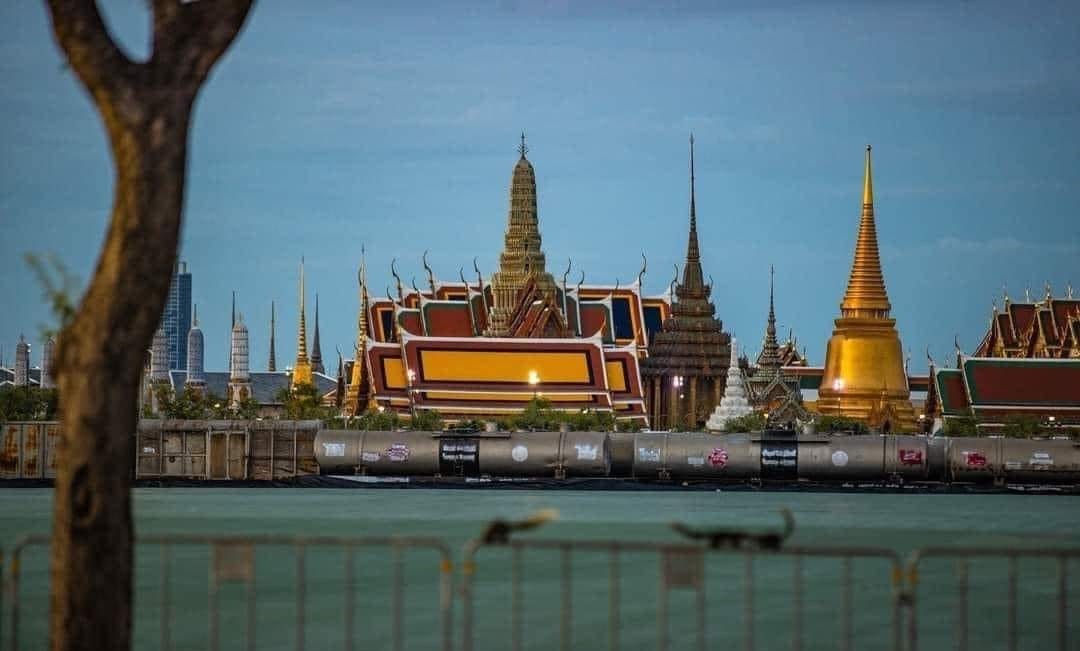
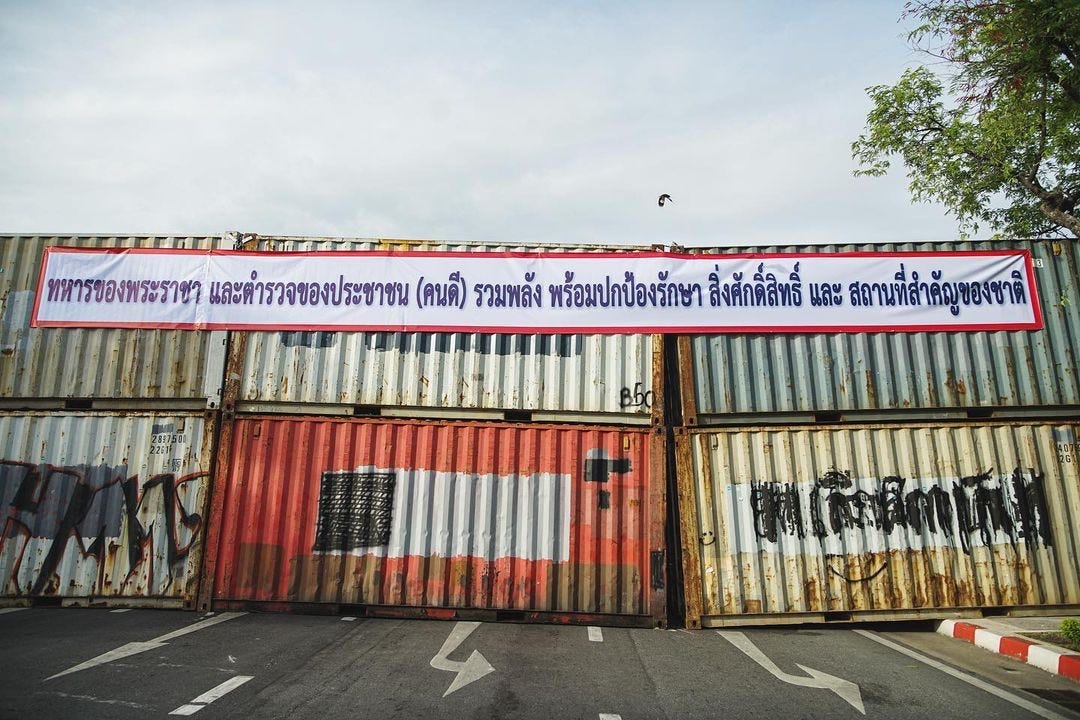
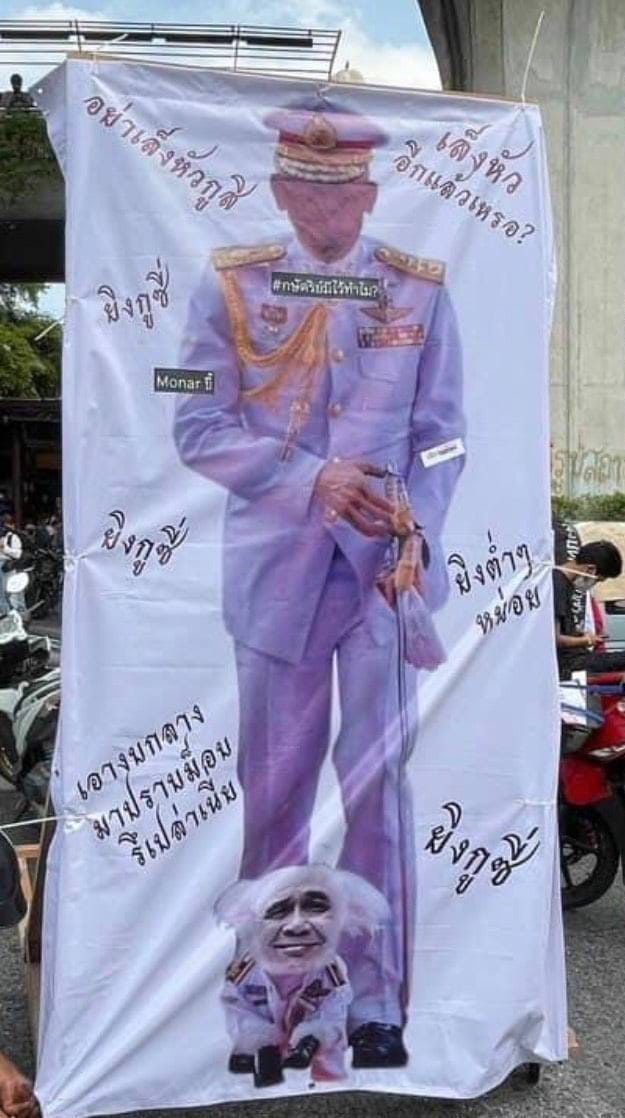
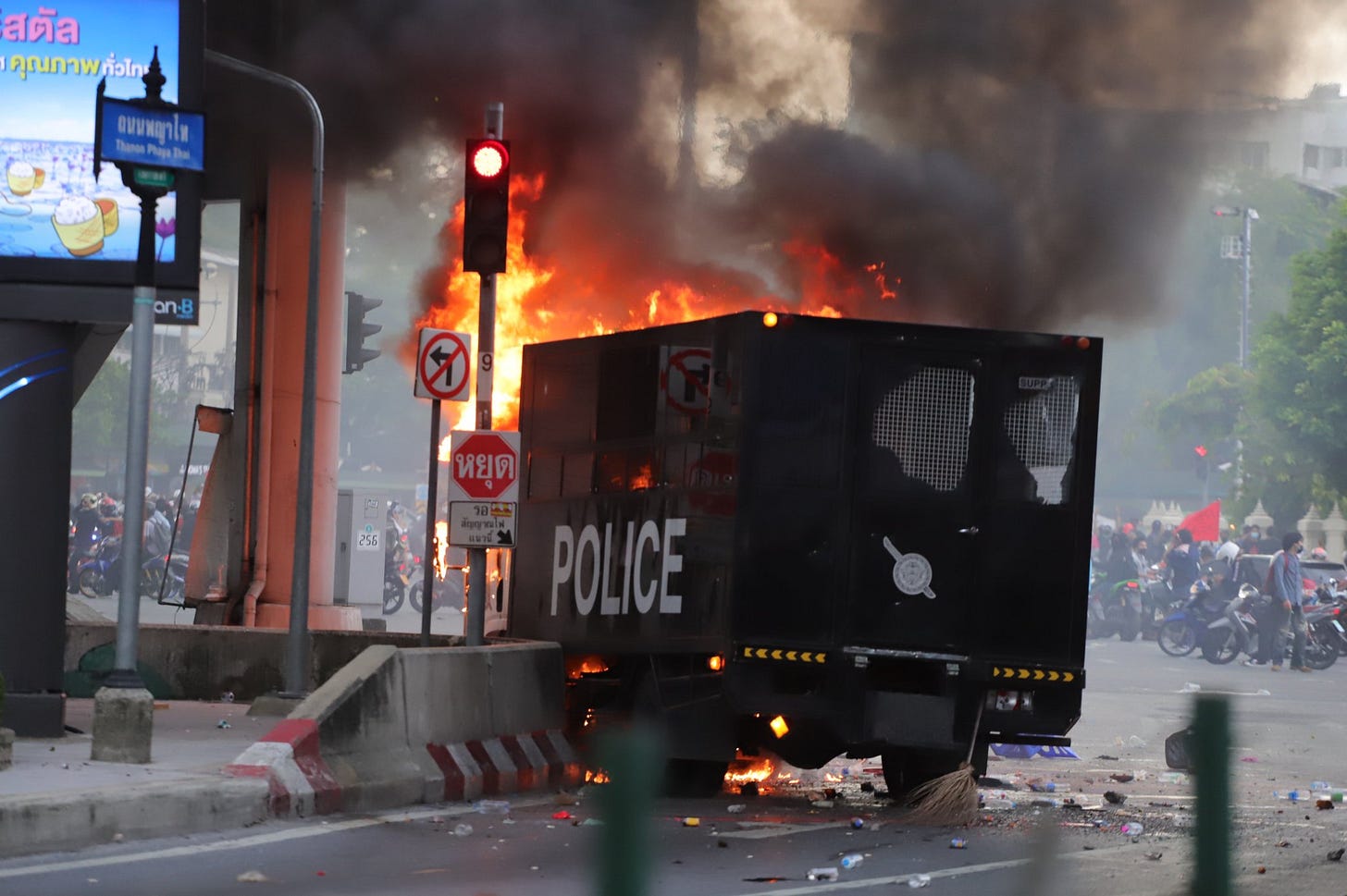


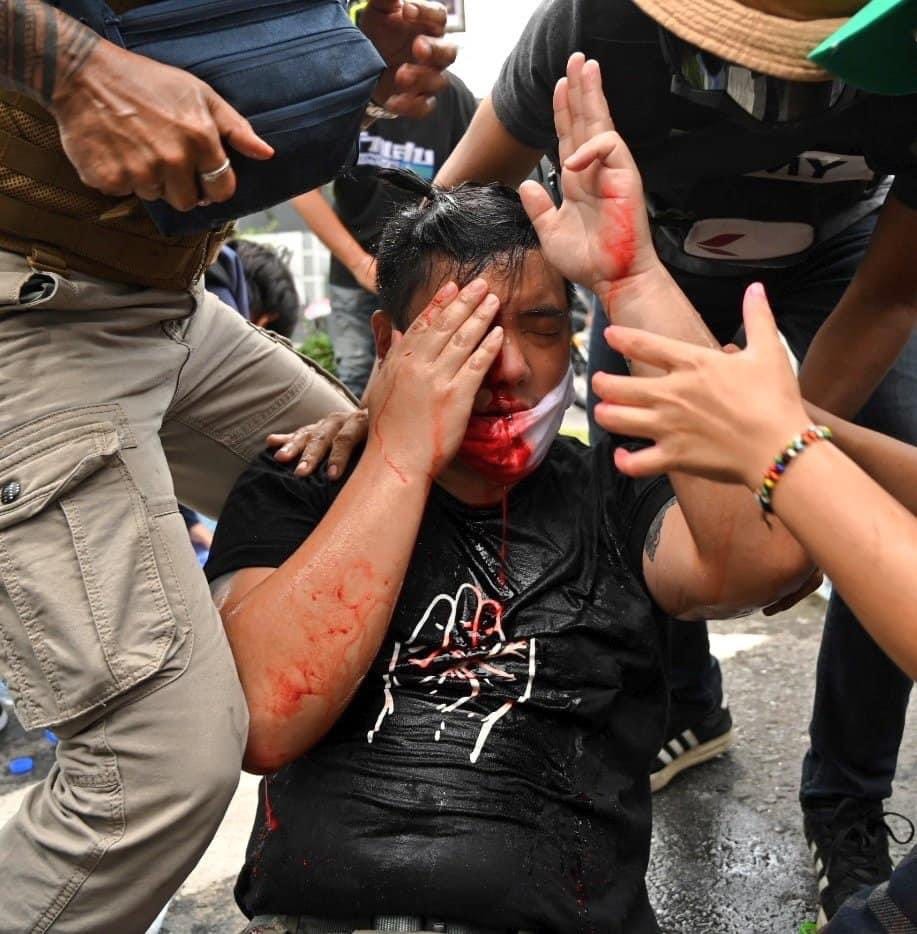
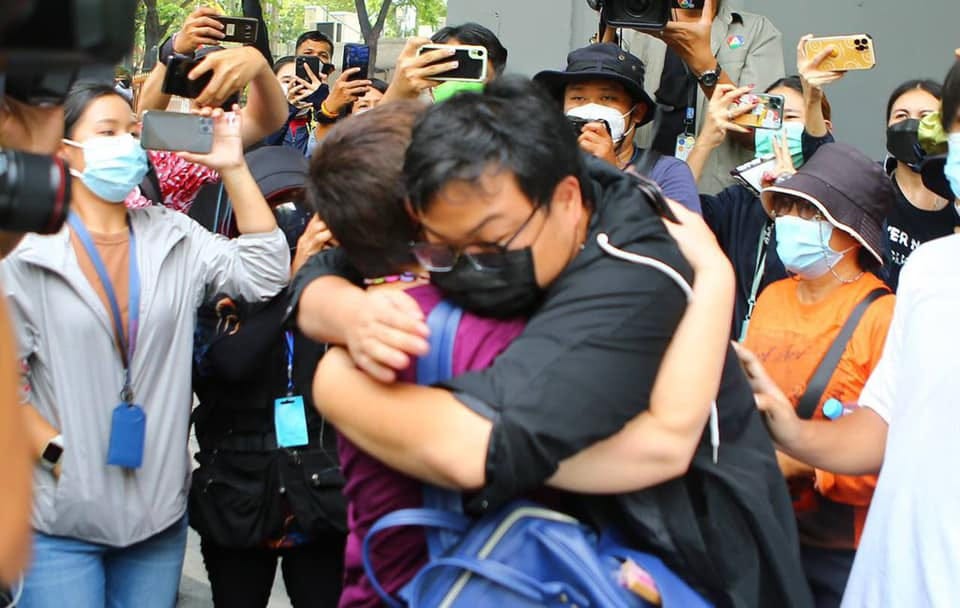
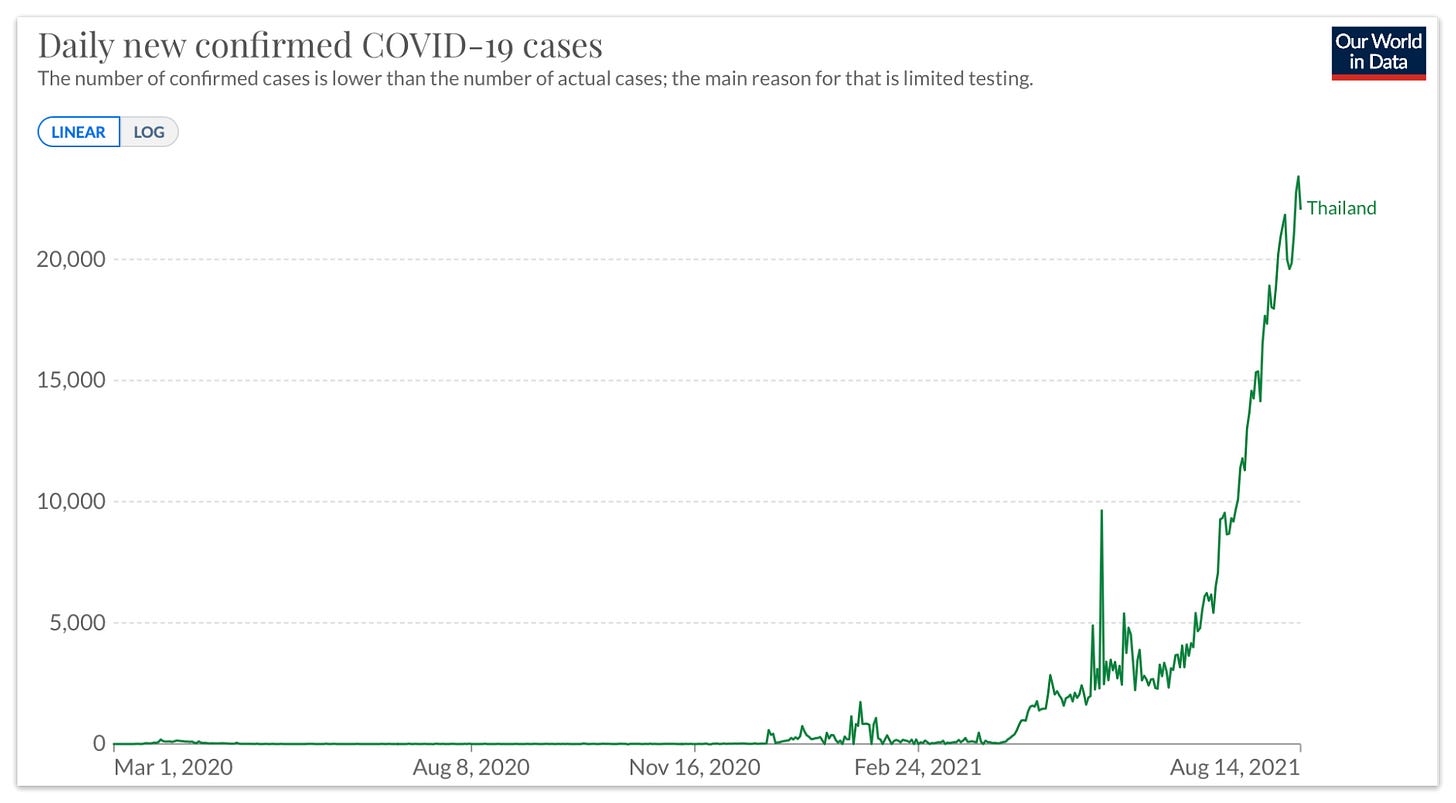
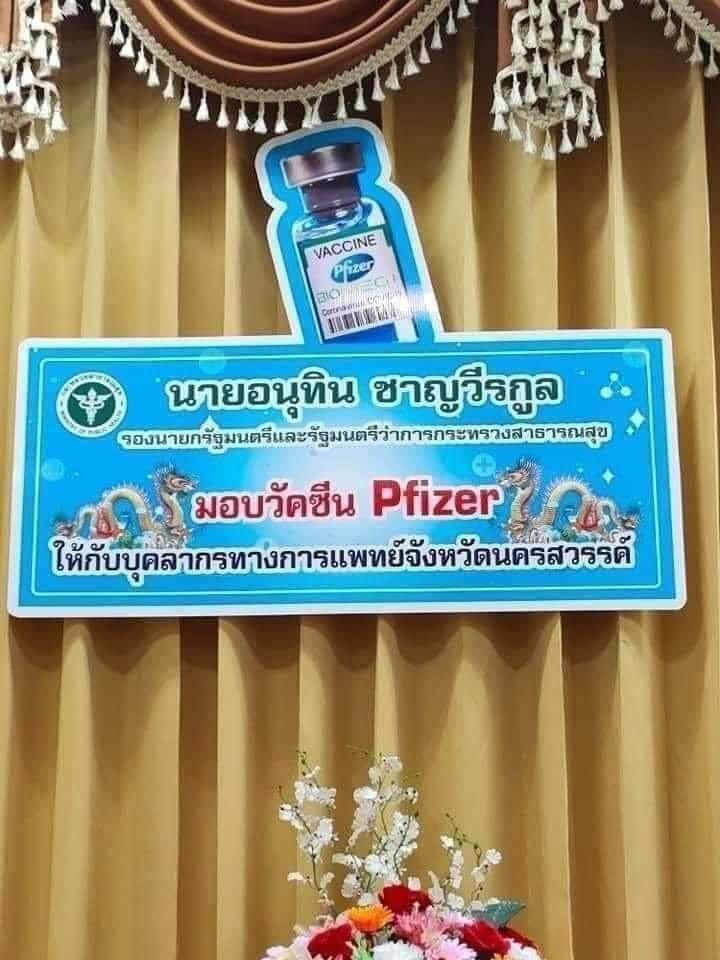

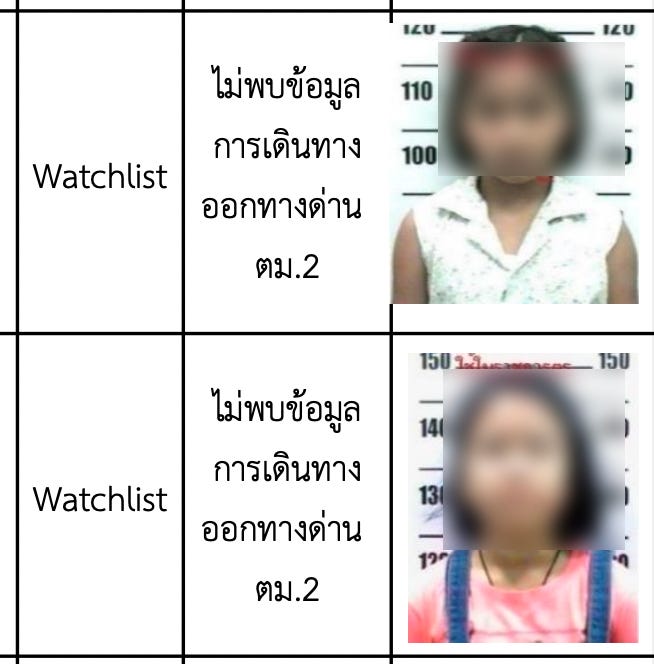
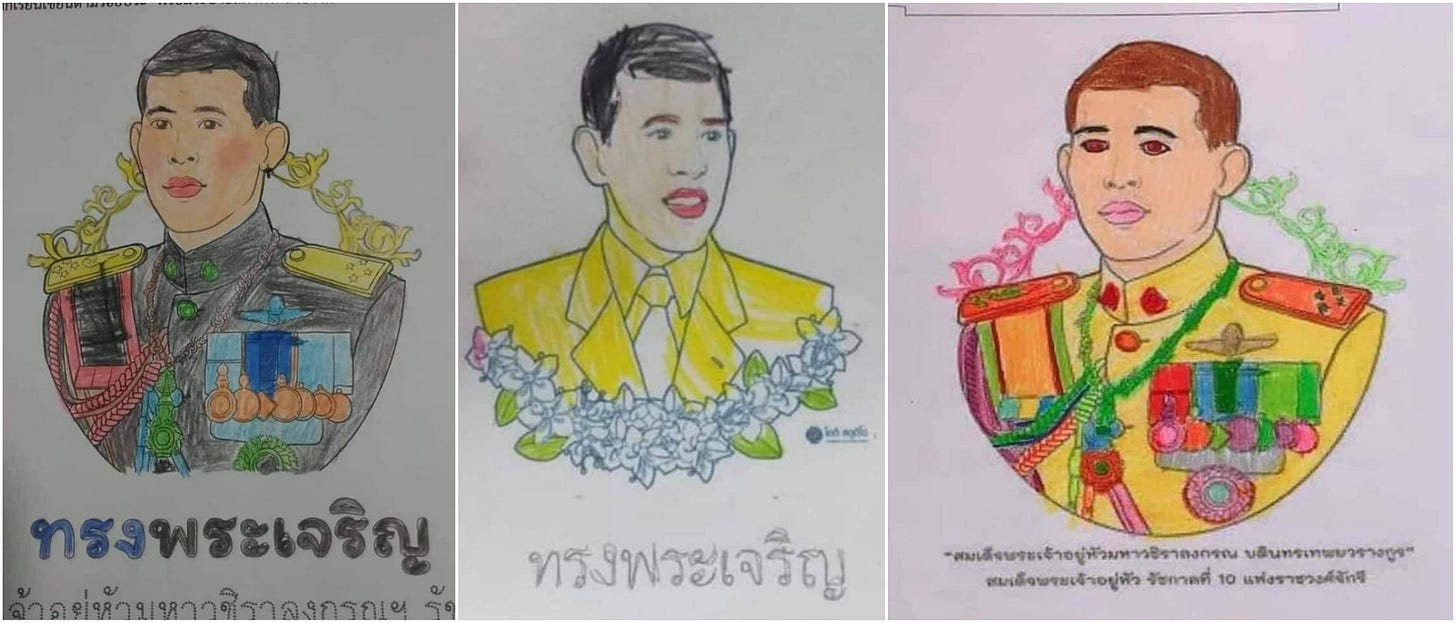
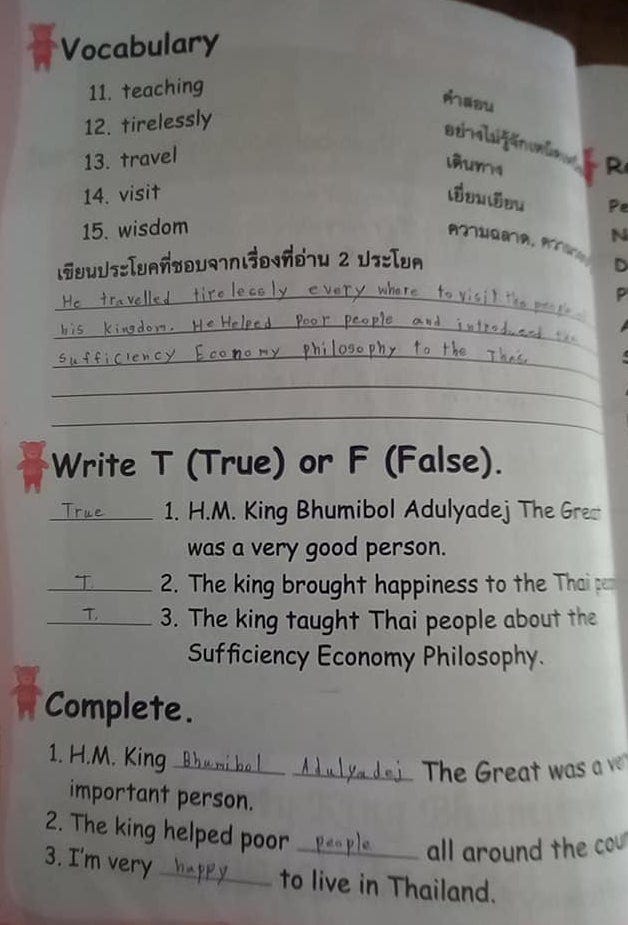

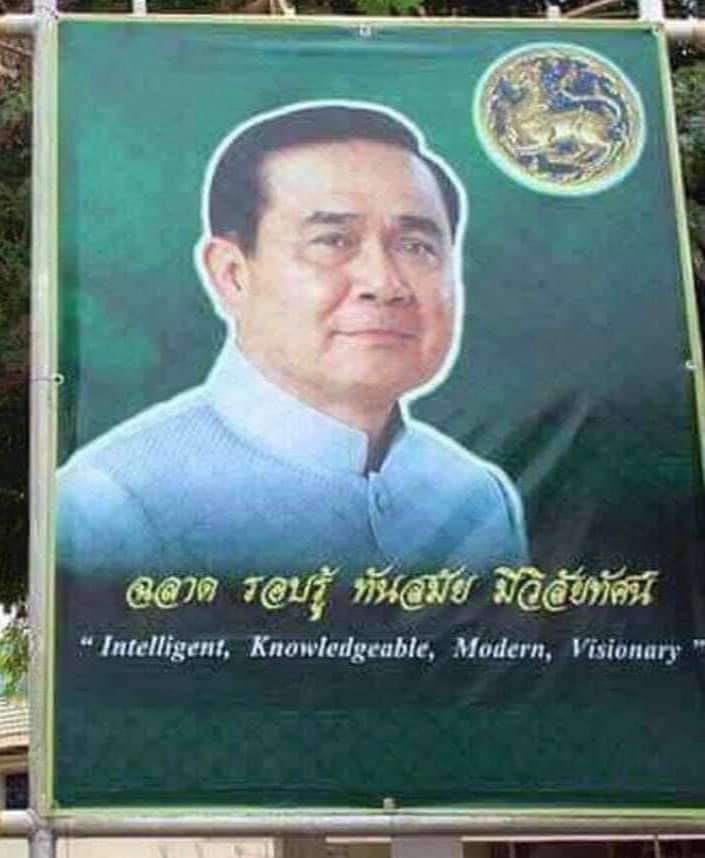
I've wondered for several years why no one has decided to create a new capital somewhere safe from the rising water. Think of all the opportunities for graft in order to build a whole new city! All of that concrete! Instead they keep putting more money and resources into a sinking city
thanks again for another in-depth examination of Thailand's many (re)current crises; the vid of the woman blocking the Skytrain escalator is as stunning in its depiction of her bravery as the vid of Penguin being beaten as his mother screams is disturbing in its stark brutality!!!